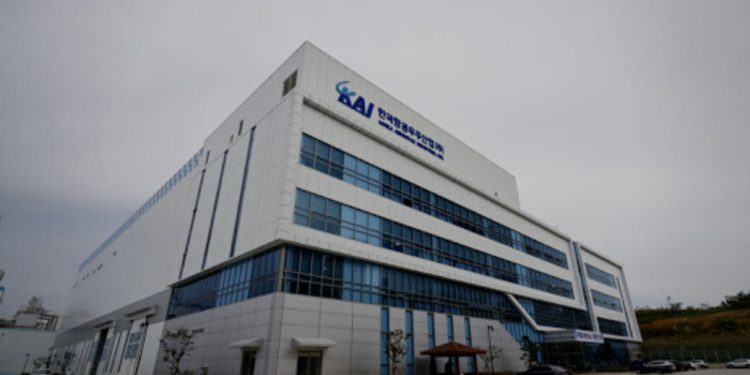The South Korean jet maker KAI has declared its plans to expand the company’s operations with an investment of $1.87 billion in the space industry. The aircraft manufacturer aims to tie up with South Asian and Middle East nations who require support to send satellites into space and handle telecom operations.
The President and CEO of Kai, Ahn Hyun-ho, spoke to the media on Wednesday, where he said, “In addition to focusing on private-sector demand, we’ll move forward with our outbound expansion to Southeast Asia.”
Despite the recent failed “Nuri” project by South Korea, the country will continue to invest in research and development in the space industry for further developments. Korea aims to bounce back with its second rocket being launched in May next year.
According to reports, the rocket launch services sector in the space industry is likely to grow by $47.6 billion in the coming decade. It was 9.5 billion strong in 2019. KAI has been working on various projects to build a stronger international presence in the space industry. Although the company has invested in new projects, it has to make constant diligent efforts to compete with global tech giants.
In July, KAI partnered with SpaceX to jointly launch a satellite. Owned and managed by automobile industrialist Elon Musk, SpaceX is working on the Next-Gen No.4 Satellite Projectile with the Korean manufacturer.
Two days ago, KAI had a successful demonstration of a virtual test flight in Seoul. The company unveiled KF-21, an unmanned complex system that is based on helicopters. This MUM-T is expected to enhance mission performance and futuristic training through Metaverse.
Besides, the company additionally plans to get into the flying taxis market in the coming months.
“We already have the technology for vertical takeoff and landing, and plans to collaborate with other companies are in progress,” Ahn stated while speaking of the company’s upcoming collaborative projects.
Presently, the company’s primary source of business revenue comes from domestically developed rockets, and it is expected to grow regardless of other space investments. However, the growth of new projects is estimated to increase its overall sales, making it 3.5 times higher than the last decade.
Professor at Chungnam National University in Daejeon Huh Hwan-il said in an interview, “South Korea is at a stage where it is finally building a foundation for space development.”
The U.S. and other European counterparts of South Korea have launched around a hundred rockets until now. In contrast, the South Korean space industry is still at the foundational level to begin with. However, with Korea’s aggressive growth strategies and research projects, the country may enter international competition in the coming decades.







